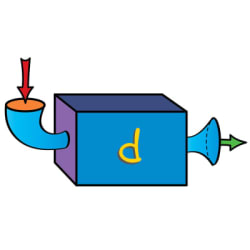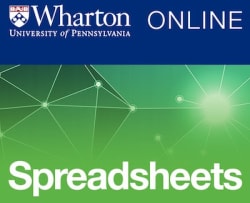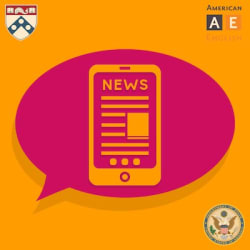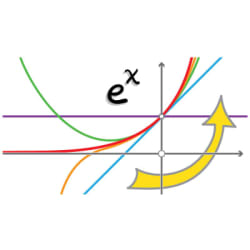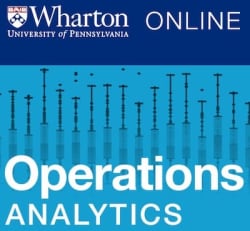Images
This is a course on social norms, the rules that glue societies together. It teaches how to diagnose social norms, and how to distinguish them from other social constructs, like customs or conventions. These distinctions are crucial for effective policy interventions aimed to create new, beneficial norms or eliminate harmful ones. The course teaches how to measure social norms and the expectations that support them, and how to decide whether they cause specific behaviors. We also look at a variety of tools policy makers may use to effect change, highlight the role of trendsetters in social change, and the conditions under which they can be successful. The course is a joint Penn-UNICEF project, and it includes many examples of norms that sustain behaviors like child marriage, gender violence and sanitation practices. All students who successfully complete the course requirements will earn a Statement of Accomplishment free of cost.
Similar resources
As America’s first university, Penn has a history that dates back to 1740 and shares many ties with the colonial city of Philadelphia and the birth of our nation.


Calculus: Single Variable Part 2 - Differentiation

Introduction to Spreadsheets and Models

English for Journalism

Calculus: Single Variable Part 1 - Functions

企业金融概论(中文版)








